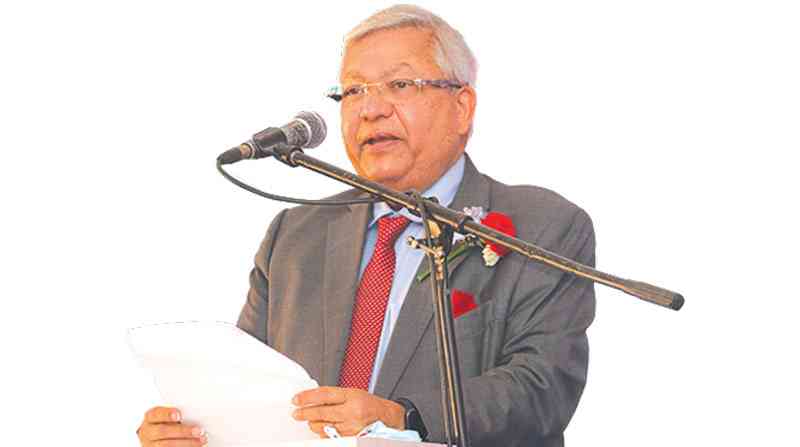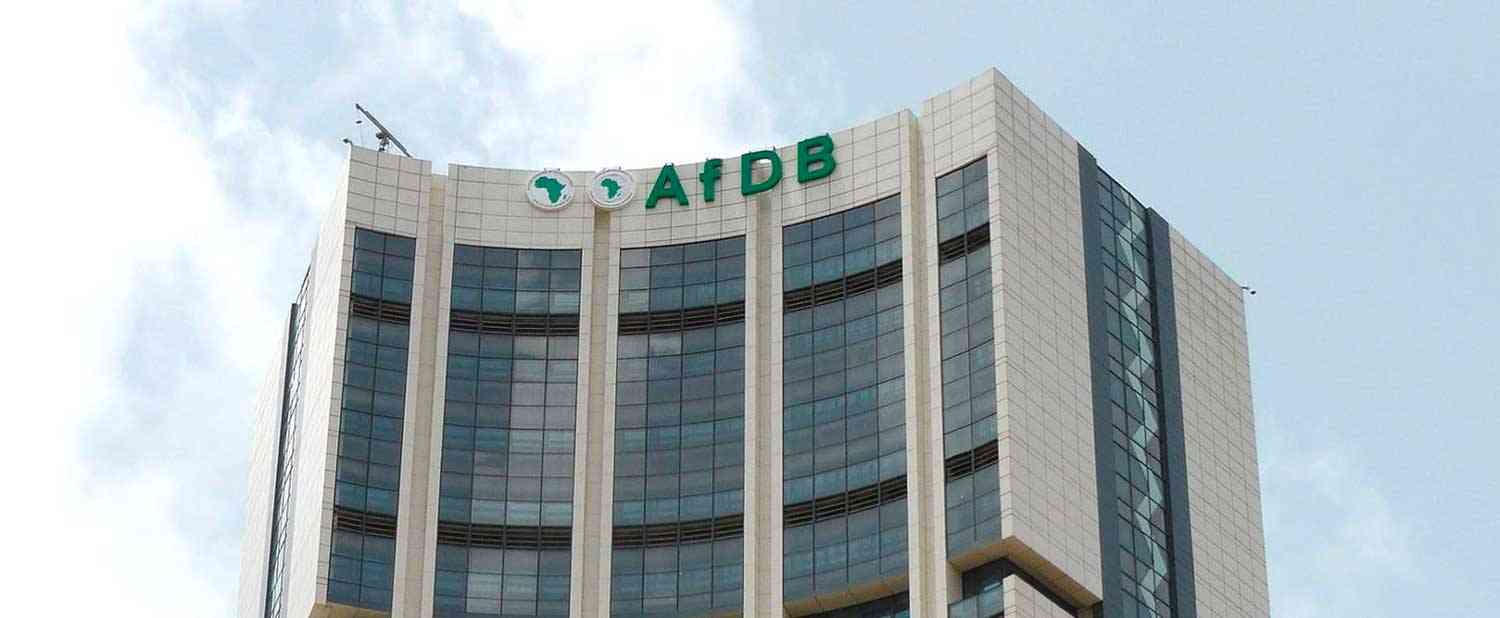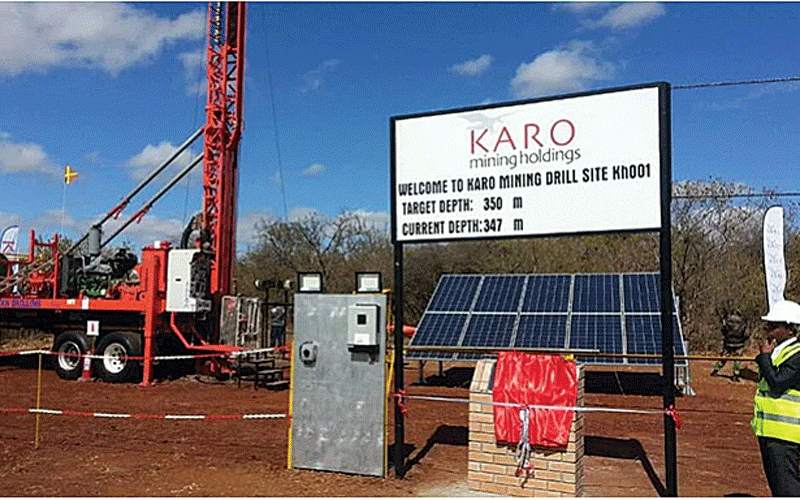
BEVERAGES manufacturer Varun Beverages Zimbabwe aims to diversify into other sectors of the economy, including hospitality, healthcare, and education, as the firm seeks to increase revenue.
Varun Beverages officially commissioned its first plant in the southern African country in February 2018 with an initial production capacity of 15 million bottles per month.
By 2019, the company had expanded its capacity for carbonated beverages to 51 million bottles per month by adding three more production lines.
The beverage manufacturer added three Husky manufacturing lines as part of the second stage of growth to backward integrate and create 510 million preforms from virgin resin annually.
Currently, it has nine manufacturing lines with the ability to make 80 million bottles and cans per month.
The company recently acquired new equipment, including cutting-edge production lines that will allow it to make 20 million more cans and bottles of carbonated beverages as well as 550 bottles per minute.
The warehousing facility will be the fifth phase of the project.
During last week's official opening of the US$20 million Varun Beverages Zimbabwe's water and bottles closures, company chairman Ravi Jaipuria revealed that the new growth drive will enhance exports and bring foreign revenue into the nation.
- Mthuli Ncube abandons struggling consumers
- Fears of jobs carnage as crisis deepens
- Fresh warning over bank rate hikes
- In Conversation with Trevor: ‘Zim must invest in human capital’
Keep Reading
“With the future revenue and profits generated from the sale of carbonated drinks, we are already looking at avenues of reinvestment like juices, dairy, education, healthcare and hospitality, hence further supporting the Zimbabwean community,” Juipuira said.
“With this new expansion, we will increase our export of beverages, preforms and plastic closures to Zambia, DRC, Botswana, Malawi and other neighbouring countries, which will bring sizeable foreign exchange into Zimbabwe.
“All our business ventures are committed to the sustenance of society and the environment.
“We promise you that no external or internal factors will ever be able to derail us from the path of responsible enviro-socio-economic business practices,” he added.
In its 2022 Manufacturing Sector Survey, the Confederation of Zimbabwe Industries (CZI) said the bulk of the country’s old and large manufacturing firms had fizzled out of the domestic landscape.
The CZI did not explain why new and small firms were now dominating the sector.
But its report showed that large-scale manufacturing firms with at least 75 workers were decreasing in numbers, making up 16% of the sector.
It said medium-scale producers, with at most 75 workers, made up 4% of the sector.
Since2018, Varun Beverages has invested more than US$1 billion in the country.
This year, the company said it is deploying 3000 new push carts taking the total number of pushcarts to 7000, the new electronic double door coolers to the tune of 800 and additional 20 new trucks to service mainly rural markets.
Varun Beverage has direct employment of approximately 2 000 people and indirect employment of another 5 000 people.
“There are approximately 4 000 families empowered financially by allocating them vending trollies and we shall allot an additional 3 000 vending trollies to 3 000 more families in 2023,” the firm said.
“This number by end of the year will cross 7 000 push carts as more trollies are imported to deploy them in rural upcountry areas.”
Varun said there were approximately 40 000 retailers and vendors who get Pepsi products across Zimbabwe.
Varun Beverages Zimbabwe is a subsidiary of the Indian-headquartered Varun Beverages Limited, franchise bottler of PepsiCo dealing with brands such as Pepsi, Mirinda, Mountain Dew, Sting and Seven-Up.










